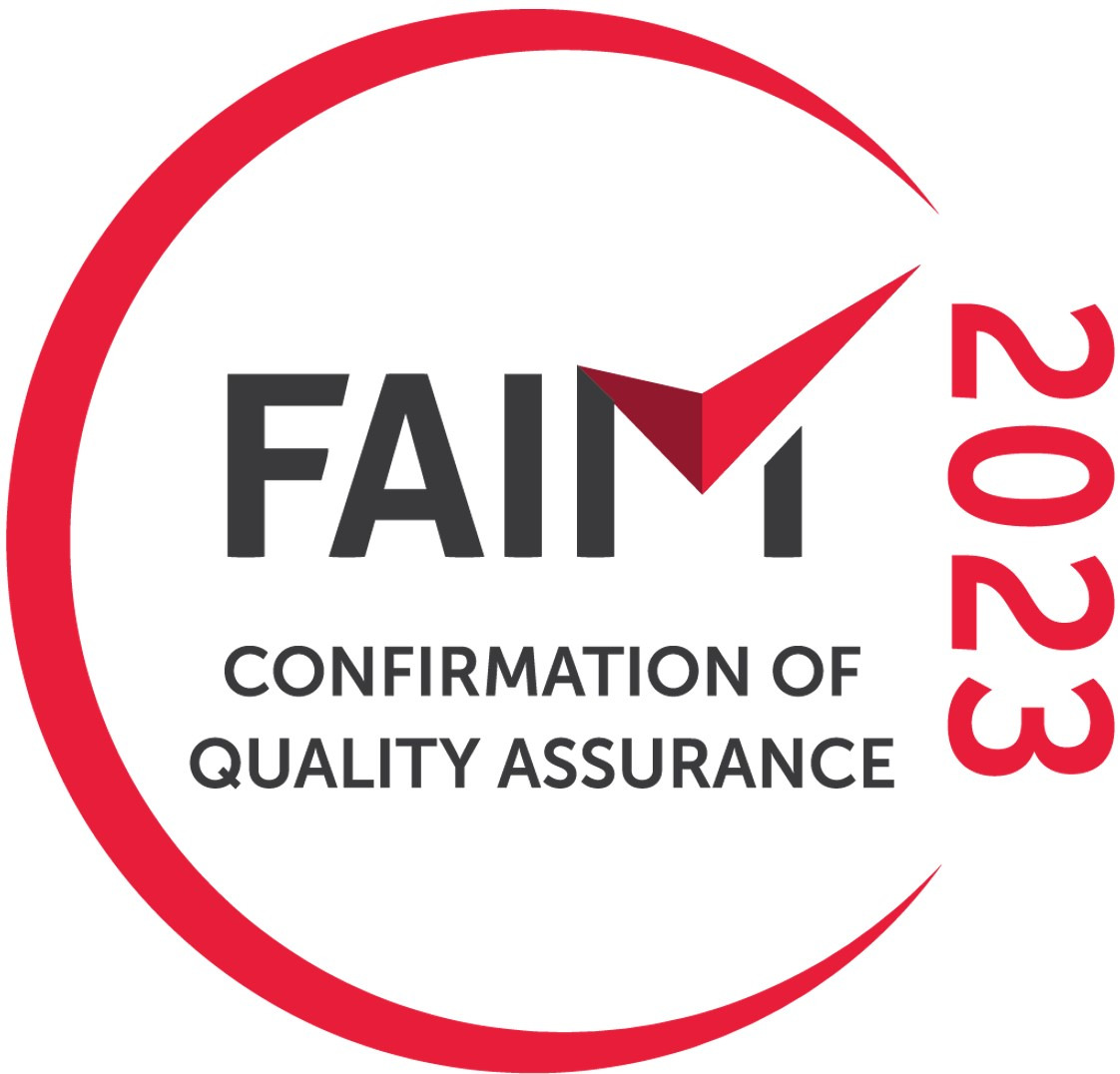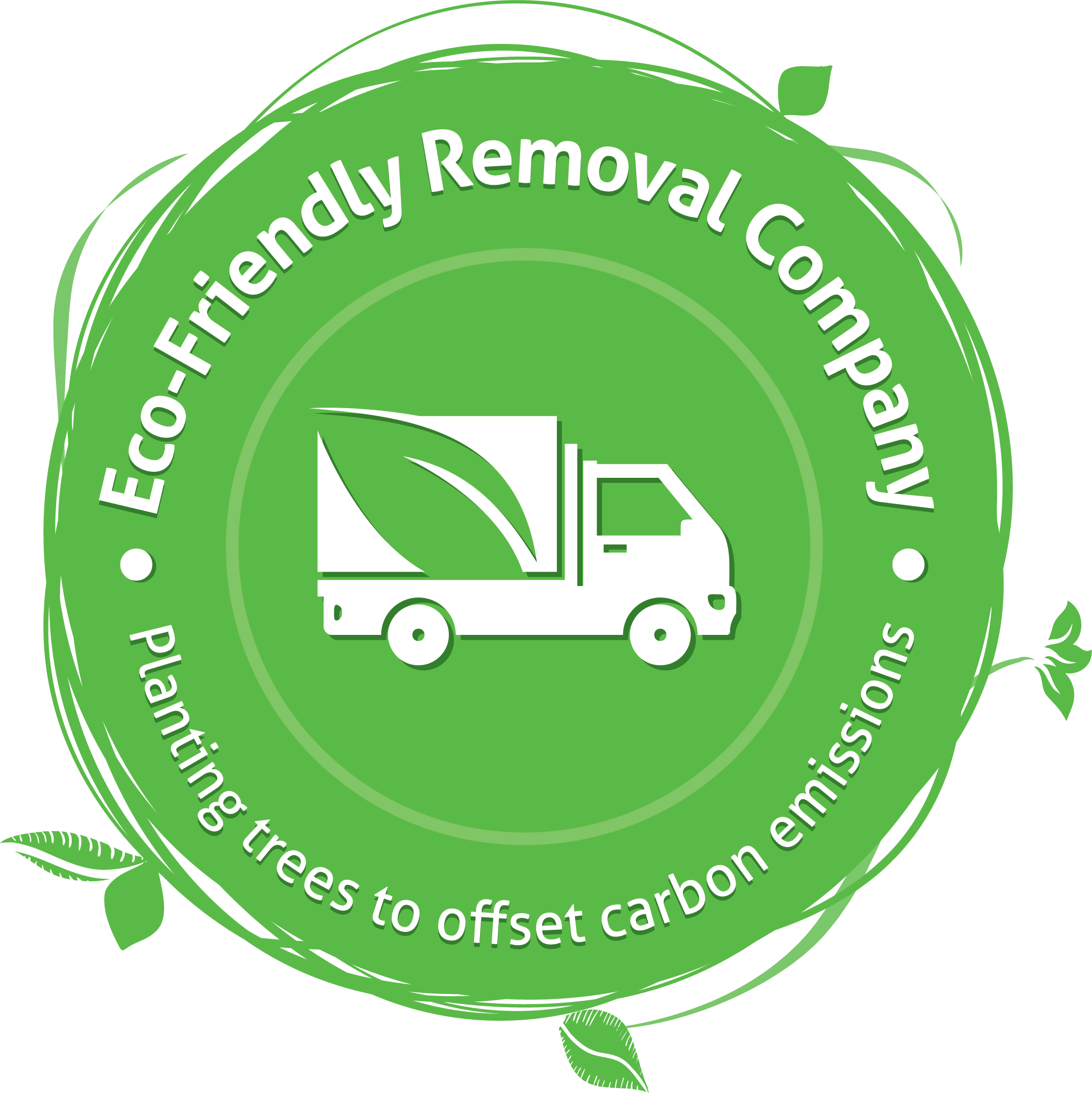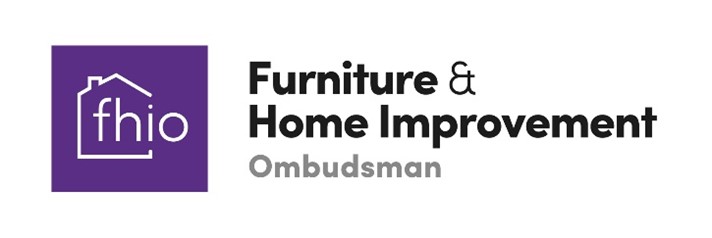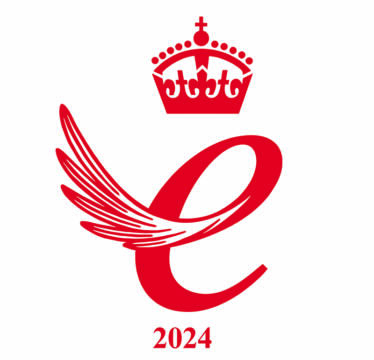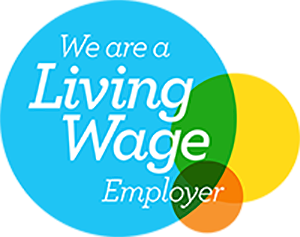Moving to a new country is a challenge at the best of times, let alone when there’s a language barrier. But if you’ve chosen New Zealand as your next destination, you won’t have anything to worry about… right? Well, English may be one of the country’s three national languages, alongside Maori and New Zealand Sign Language, but it’s certainly not the Queen’s English as you know it.
Australia may have a stronger reputation for its colourful language and laidback lingo, but New Zealand is every bit as unique in its turns of phrase. To prepare you for what lies in store, let’s look at a few of the novelties that grace the Kiwi language.
Know your pants from your trousers
This one is at the top of the list for good reason. One of the quickest terminology changes to make when you move to New Zealand is clothing-related (although it’s much more important for Kiwis moving to the UK).
In New Zealand, trousers are referred to as “pants”, which can take the unaware by surprise. “I like your pants, mate” isn’t a warning that you’ve left something unzipped, just a passing compliment about how you’ve dressed.
Jandals and sandals, but never thongs
In summer, the quickest way to tell the new immigrants from the old is what they call their footwear. Flip-flops in New Zealand are “jandals”, while sandals are… well, those are still sandals. “Thongs” is a uniquely Australian term that you’ll be largely derided for using if you happen to let it slip.
For bonus points, make the switch from “wellies” to “gumboots” – which are a surprisingly common footwear choice at all times of year in most parts of NZ.
Your local dairy
Unlike the UK, where most villages have a local Co-Op or Tesco Express, New Zealand still has predominantly privately-owned corner shops serving the suburbs. Stocking everything from milk and newspapers to kitchen essentials and hot pies (a Kiwi staple), these shops are referred to as “dairies”.
Know when you’re getting told off
While it may be English to give the children a right good telling off, on New Zealand shores, they’d be getting a good growling, or would have been “growled” past tense.
“You’ll get a growling if you carry on like that”.
This phrase is usually only reserved for talking about children, which makes it worth knowing if you’re a parent.
Yeah…nah
Yeah, nah, yeah – it’s difficult to decipher this standard New Zealand phrase at first glance, but it’s all about the sequence of words. “Yeah… nah” means no, while “Nah… yeah” means yes.
Don’t worry too much about remembering these phrases, as they’re generally only used in casual conversation when you can pick up on other cues as to the meaning.
It’ll be sweet as, bro
“Sweet as” is part and parcel of the modern Kiwi language, meaning that something is good. “Are you ok, mate?”, “Yeah, I’m sweet as”. Bro is another common term, usually used with affection when talking to a friend.
The concept of something being “sweet” or “sweet as” can be used to describe a person, event or situation, especially to instil confidence. “Do you think that trailer is tied down tight enough?” “Yeah, it’ll be sweet.” In the 40+ demographic, you’ll also hear the phrase “She’ll be right” used in the same way.
There we have it, a far from exhaustive list of Kiwi phrases every new arrival needs to know. I hope this makes your first few months in Aotearoa a little easier and avoids too many awkward eyebrow raises.
Sarah Todhunter is a writer, mother-of-two and a dual citizen of New Zealand and the UK. As the sole proprietor of Fyxen Copywriters, she has navigated the ups and downs of moving a business and family across hemispheres, sharing the lessons she’s learned along the way. Find her on LinkedIn or anywhere good coffee is served.





